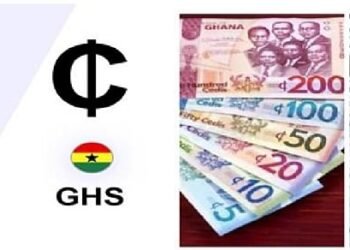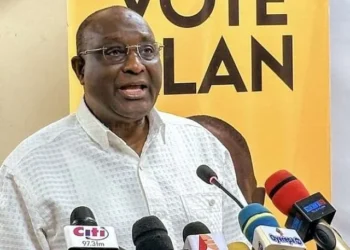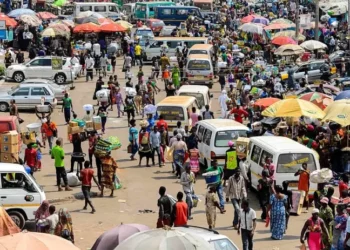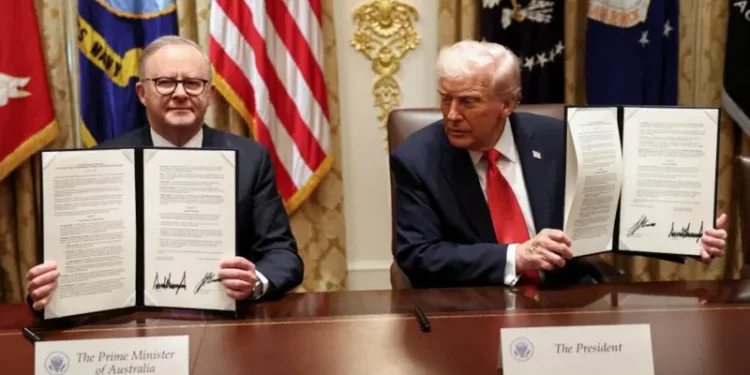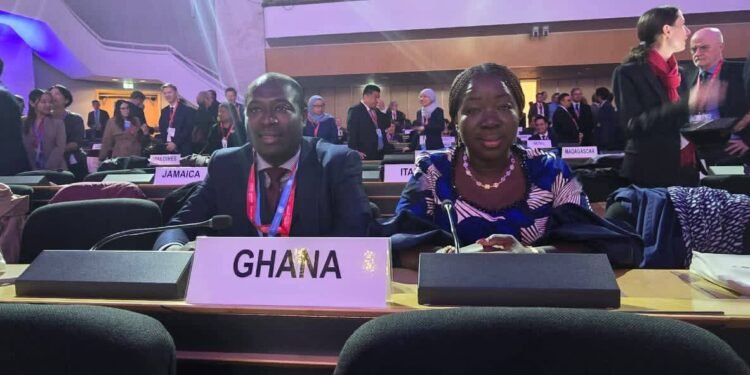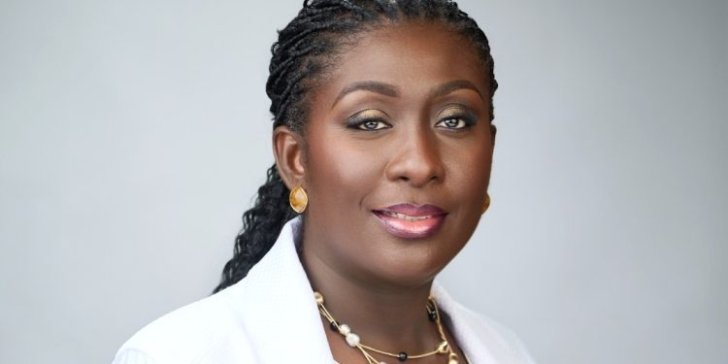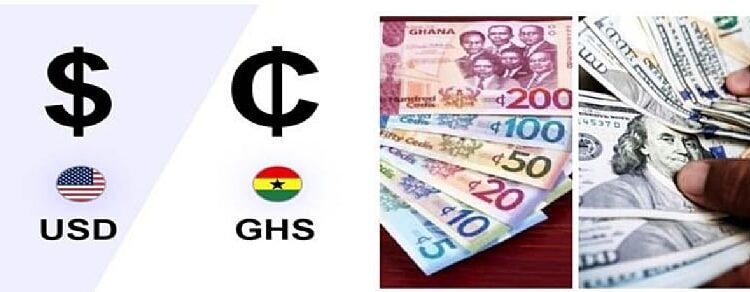Britain’s 1,000 year old monarchy has seemingly careened as it is rocked by waves of opposition and apathy. Scores of British, especially the youth have begun calls for King Charles III to be the last Monarch.
King Charles’ coronation upheld tradition with an added splash of modernity. The first to feature contributions from Buddhist, Hindu, Jewish, Muslim and Sikh leaders, and first to include female bishops, the coronation was a shorter, smaller affair than Queen Elizabeth II’s own. Yet some are not intrigued by the idea of a monarchy in the era which has seen massive technological advancement, battled a pandemic and is reeling from the effects of the ongoing Russian invasion of Ukraine.
In a recent study by the National Center for Social Research, just 29% of respondents thought the monarchy was “very important”; the lowest level in the center’s 40 years of research on the subject. Opposition was highest in the youth.
Charles, 74, the oldest and the 40th sovereign to be enthroned in the Westminster abbey, is faced with the challenge of making the monarchy appealing in this period where interest in the monarchy is fast waning. He is also plagued with tensions in the family and how he manages his family drama over the coming weeks and years is crucial to efforts to preserve and protect the hereditary monarchy he now embodies.
To make the monarchy relevant in these times, King Charles has staged his first overseas state visit; travelling to Germany and addressing the German parliament. He seems eager to make his mark, having waited a long time before becoming King. As the saying goes, “heavy lies the head that wears the crown”, the King has to do more for the monarchy’s relevance to be felt.
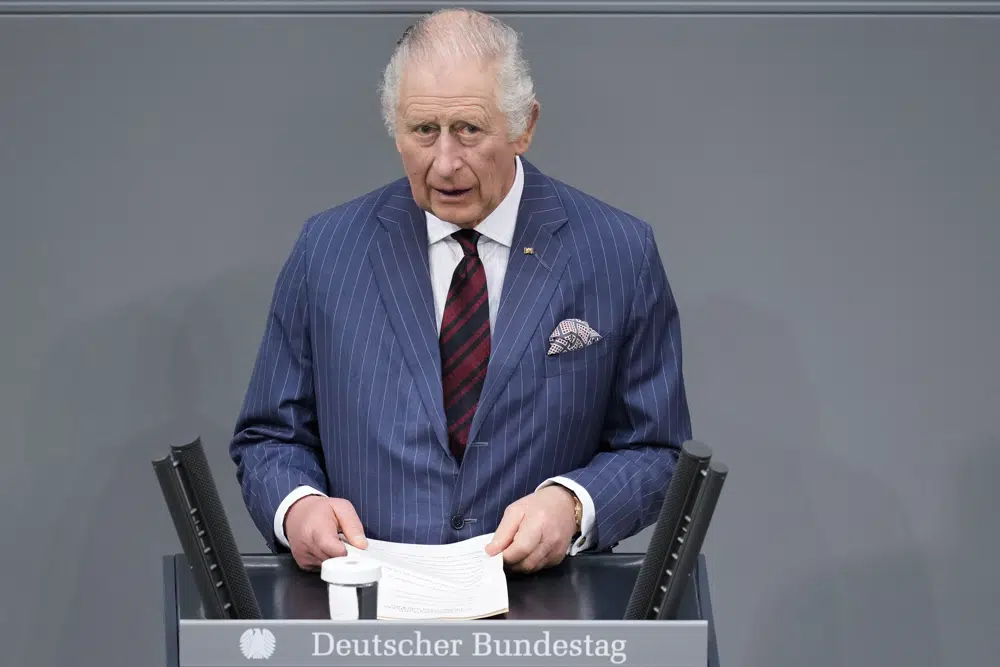
The British monarchy is regarded by some as an institution that stands for privilege and inequality. Royals ultimately have a ‘soft life’, being entitled to the best education amongst others. Whiles the ordinary citizen grapples with high cost of living. UK is currently plagued with a cost-of-living crisis which has brought 10% inflation, driven thousands to food banks and triggered months of strikes by nurses, teachers and other workers seeking higher pay.
For the anti-monarchy group named Republic, what better to gain maximum traction than gathering in Trafalgar Square during King Charles’ coronation? The protestors, clad in yellow, held up signs saying, “privatize them” and “abolish the monarchy, not the right to protest”, and “Not My King”. More than 50 protesters were arrested.
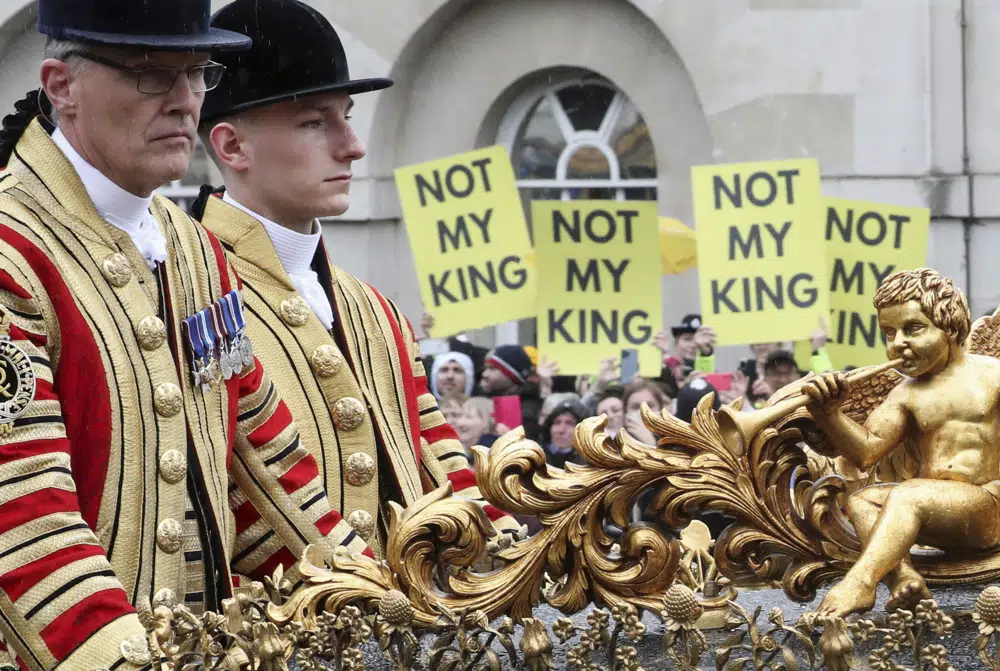
Also, the monarchy has been accused of involvement in transatlantic slave trade and perils of colonialism. King Charles has expressed support of research into the monarchy’s links to the trans-Atlantic slave trade.
There are two types of monarchy; absolute monarchy and constitutional monarchy. In absolute monarchy, the monarch holds all power. On the other hand, in constitutional monarchy, the monarch is the head of state who performs ceremonial functions mostly whilst there is an elected head of government; the Prime Minister.
Even though, Britain’s monarchy is constitutional, it is perceived that the royal family is far too privileged to reign, drawing muffled calls for an elected head of state. With an elected head of state, the people have a say in who holds the position as opposed to royals who ascend the throne on hereditary basis. Prince William, King Charles’ elder son is next in line to the throne whereas the King’s grandson, Prince George, Prince William’s eldest son is second-in-line to the throne.

The monarchy will practically lose its essence if the calls for an elected head of state is heeded. Overall, one can say that the British monarchy is safe “for now” because those in support of the monarchy are relatively more than those who oppose it. The number of people who thronged the streets during the coronation bears witness to the fact.

King Charles can ensure that the monarchy remains in the good books of most Britons by championing policies to suit the changing times. Nonetheless, the monarchy may lose favour if the youth continue to wallow in economic crisis.
King Charles’ Realms Likely To Dwindle During His Reign
Though in a largely ceremonial role, King Charles III is also head of state of 14 other countries. These realms, which include Australia, Canada, Jamaica, Papua New Guinea and New Zealand, represent a minority of the Commonwealth nations. Most of the 56 members of the Commonwealth are republics.
Barbados became a republic in 2021 and Jamaica plans to do the same. New Zealand Prime Minister Chris Hipkins has said that he wants his country to be independent, though he added that it’s not an “urgent priority.” Thereby Charles’ realms are likely to reduce.
Barbados was the most recent Commonwealth country to remove the British monarch as its head of state, replacing Charles’ mother, Queen Elizabeth II, with an elected President in 2021.
Former British colonies have made efforts to uphold their image. For instance, in India, Prime Minister Narendra Modi has led a renewed push to reclaim India’s past and erase “symbols of slavery” from the country’s time under the British crown. His government has scrubbed away colonial-era street names, some laws and even flag symbols.
Ghana has also made strides to uphold its cultural image. The month of March has been marked as the Ghana month where people are urged to consume and promote all things Ghanaian. Additionally, people are opting for Ghanaian names for their children instead of European ones.
Moreover, King Charles can ensure that the monarchy remains in the good books of most Britons by championing policies to suit the changing times. Nonetheless, the monarchy may lose favour if the youth continue to wallow in economic crisis.




